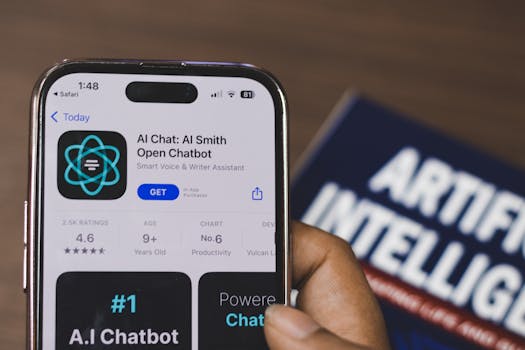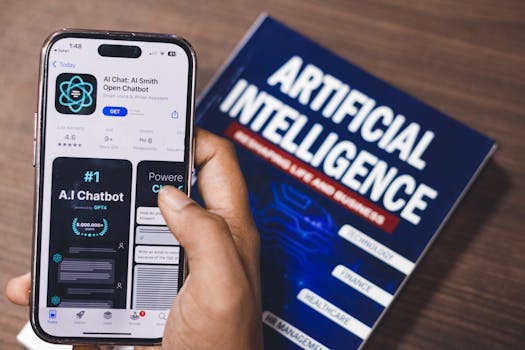
Emerging Trends in Artificial Intelligence and Machine Learning
Takeaways:
- AI and machine learning are rapidly evolving fields with significant impacts on various industries.
- Natural language processing (NLP) continues to improve, enabling better human-computer interactions.
- The focus on ethical AI is growing, emphasizing transparency, fairness, and accountability.
- Automation through AI is transforming workflows, enhancing productivity, and reducing operational costs.
- Generative AI is reshaping content creation, pushing boundaries in creative industries.
Artificial intelligence (AI) and machine learning (ML) have become cornerstones of modern technology, influencing various sectors from healthcare to finance. As we progress through 2023, several emerging trends are shaping the landscape of AI and ML, driving innovation and efficiency. This article delves into these trends, their implications, and what they mean for the future.
1. Advancements in Natural Language Processing

Recent models, such as OpenAI’s GPT-3 and Google’s BERT, have set new standards in NLP capabilities, enabling applications ranging from chatbots to advanced content generation. Organizations are increasingly leveraging these models to enhance customer service, streamline communication, and automate content production.
Moreover, the integration of NLP into voice recognition systems and virtual assistants has made technology more accessible to users. As these systems become more sophisticated, we can expect to see a surge in voice-activated applications and services, further embedding AI into our daily lives.
2. The Rise of Ethical AI

Ethical AI involves addressing biases in data and algorithms, ensuring that AI systems do not perpetuate discrimination or inequality. Companies are now prioritizing fairness in AI development, conducting thorough audits of their algorithms, and engaging diverse teams to mitigate bias.
Additionally, regulatory bodies are beginning to implement guidelines and frameworks for ethical AI usage. This trend highlights the need for responsible AI practices, which can enhance public trust and foster a positive relationship between technology and society.
3. Automation and AI-Powered Workflows

From robotic process automation (RPA) to intelligent automation, organizations are increasingly adopting AI solutions to streamline workflows. These technologies can handle repetitive tasks, analyze vast datasets, and make real-time decisions, leading to improved efficiency and faster response times.
Industries such as manufacturing, logistics, and customer service are reaping the benefits of AI-driven automation. For example, AI can predict equipment failures in manufacturing, optimize supply chains in logistics, and provide personalized customer experiences in service sectors. As automation continues to evolve, we can expect to see further integration of AI into everyday business processes.
4. Generative AI and Creative Content Creation

Tools like DALL-E and Midjourney are pushing the boundaries of visual art, allowing users to create stunning images based on textual descriptions. In the literary field, AI models can assist writers by generating plot ideas, dialogue, or even entire chapters.
The implications of generative AI extend beyond creative industries; they also raise questions about copyright, originality, and the future of creative work. As generative AI becomes more prevalent, it will be essential to navigate these ethical and legal challenges while harnessing its potential.
In conclusion, the landscape of artificial intelligence and machine learning is continuously evolving, driven by technological advancements and societal needs. By staying informed about these emerging trends, businesses and individuals can better prepare for the future and leverage AI to its full potential.






